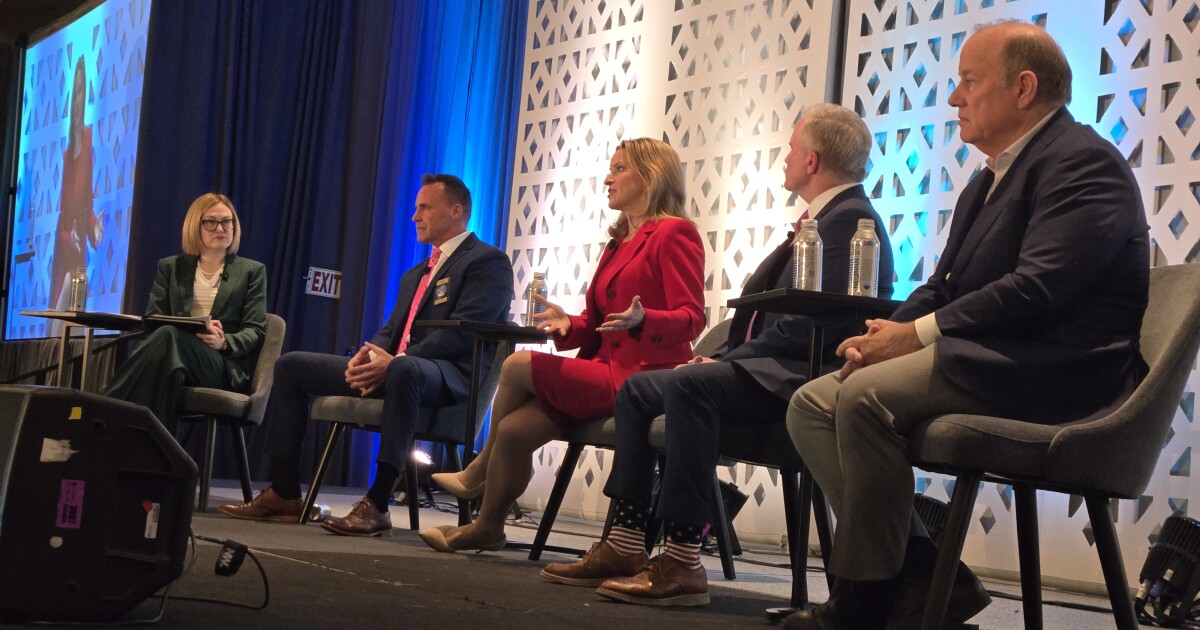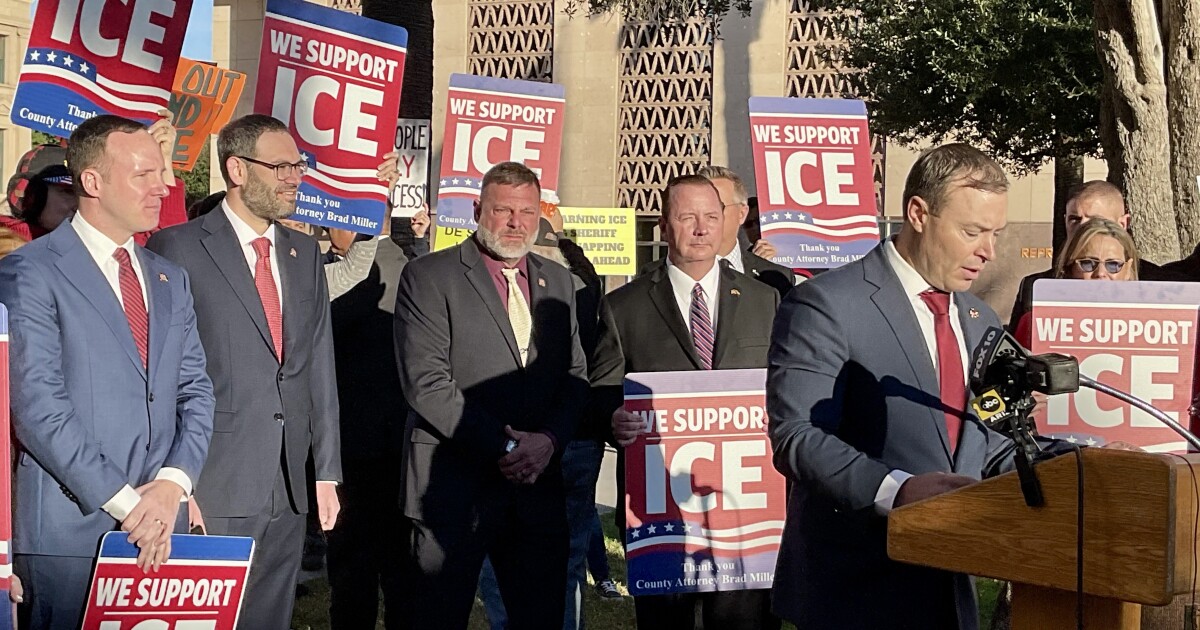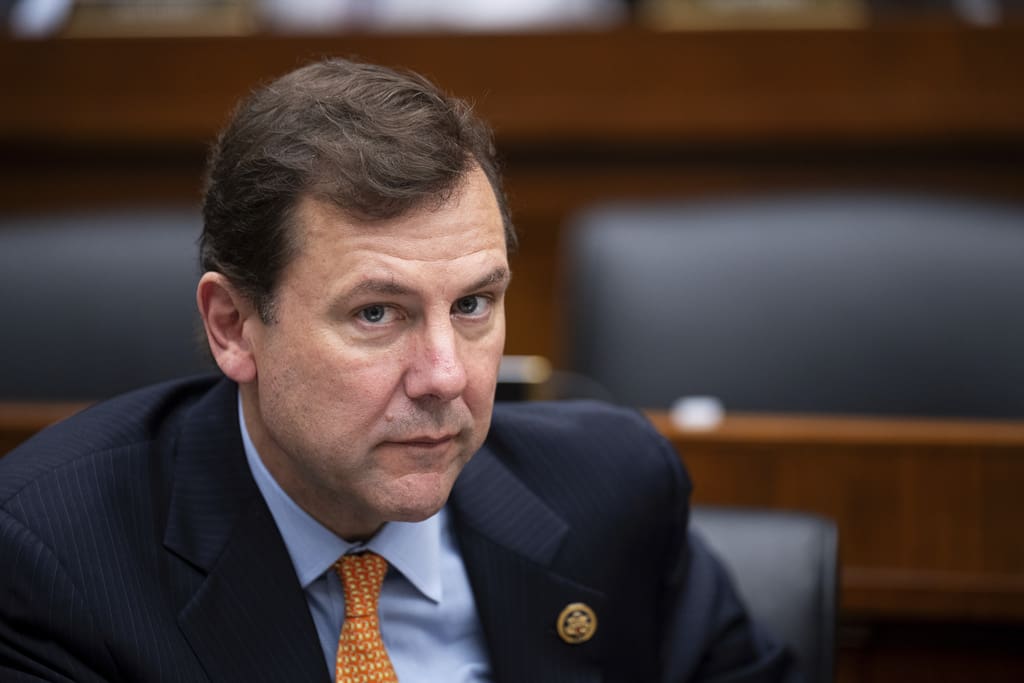Article Summary –
Reach Dane, a Wisconsin Head Start operator, faced a financial crisis when the Trump administration temporarily froze federal funding, forcing them to use reserves and take out credit to cover expenses. Despite the court-ordered unblocking of funds, Reach Dane struggled with delayed reimbursements and lacked direct communication from the government, affecting its operations and heightening concerns about potential future funding disruptions. The freeze impacted at least eight organizations, putting families relying on Head Start’s childcare services at risk of employment issues, while administrators like Jen Bailey remain worried about possible federal funding shutdowns.
On January 30, Jen Bailey, executive director of Dane County Head Start operator Reach Dane, discovered a negative balance in her organization’s bank account.
Reach Dane is among the Wisconsin groups running services under Head Start, a federal early childhood education initiative for low-income families.
The Trump administration issued a memo on January 27 to freeze federal spending authorized by Congress. After a lawsuit from Wisconsin Attorney General Josh Kaul and 22 other state attorneys general, the administration rescinded the memo but held to withholding funding on January 28. A federal judge in Rhode Island granted a temporary restraining order to block the freeze on January 31, and the U.S. Court of Appeals for the First Circuit upheld this order on February 11.
Despite the court order, Bailey, also president of the Wisconsin Head Start Association board, noted Head Start programs in Wisconsin lacked full funding until February 10, almost two weeks post-freeze.
As Head Start is a reimbursement program, organizations can’t pre-request funding—they must submit as expenses occur. To manage January payroll, Reach Dane relied on a credit line.
On January 30, Bailey expressed worry to the Wisconsin Independent about mounting costs amidst funding uncertainty.
“It’s nearly the first of the month; we face rent and mortgage costs, health insurance expenses. Not knowing the duration of delays is challenging,” she said.
By the time funding resumed, Reach Dane withdrew around $500,000 from reserves to cover expenses, Bailey revealed in a February 11 interview.
Bailey mentioned the lack of direct government communication during the crisis was troubling.
“Information comes from the news and press conferences,” she stated on January 30. “Recognizing this was a national issue required networking and peer discussions.”
Post-freeze, Reach Dane had additional hurdles to regain its funding. Their requests were flagged in the payment system, allowing only an hour for more information.
“In 25 years, this is unprecedented,” Bailey remarked. “Unclear why the request was flagged; no other directors reported similar issues yet.”
Reach Dane was not alone; at least eight other organizations struggled with funding access, with one shutting down temporarily, per Democratic Sen. Tammy Baldwin’s office.
For many families reliant on Head Start, program loss equates to a crisis, Bailey asserted.
“Most families are working in the service sector. Without child care, their jobs are at risk,” she explained.
The situation left Wisconsin Head Start administrators unsettled, Bailey mentioned.
“Continuity planning is essential, as drawing down for payroll without reserves quickly escalates into a crisis when funding delays occur,” she stated.
Although resolved for now, Bailey and others worry about future funding uncertainties.
“We’re hoping the system remains functional, yet apprehensive about a potential federal shutdown in March,” she said. “Normally, funding is secure once obligated by Congress, but recent events have us anxious for March,” Bailey added.
The federal government is poised to run out of money on March 14 unless a budget deal is reached by the Republican-controlled Congress.
—
Read More Wisconsin News










